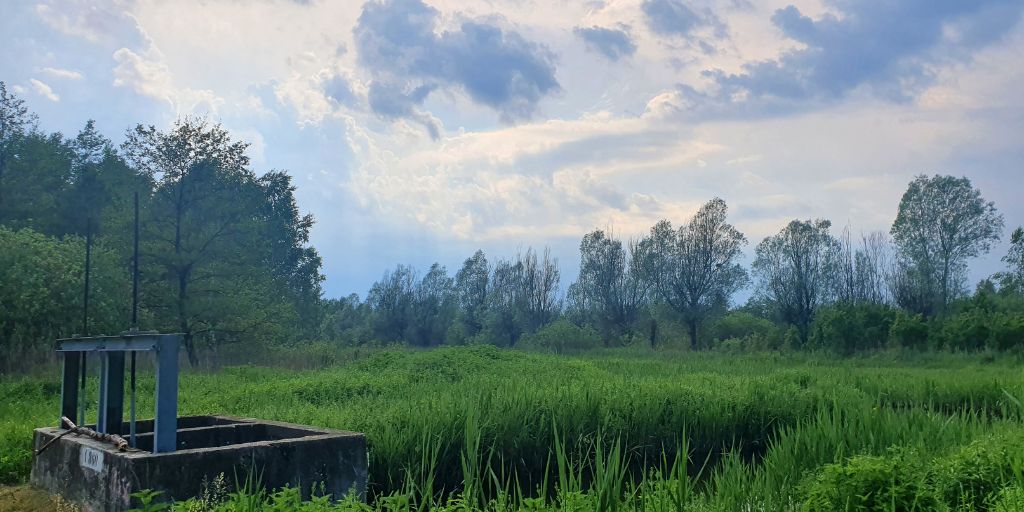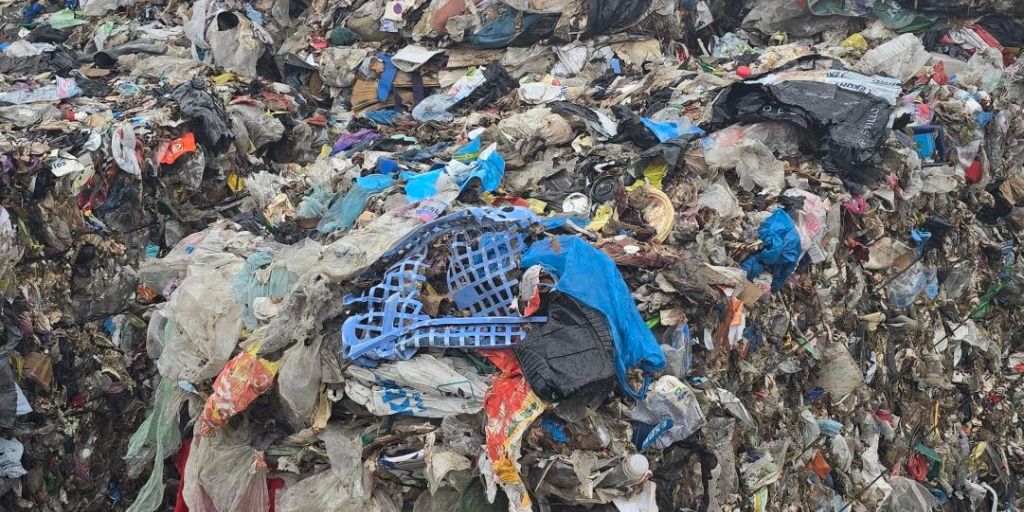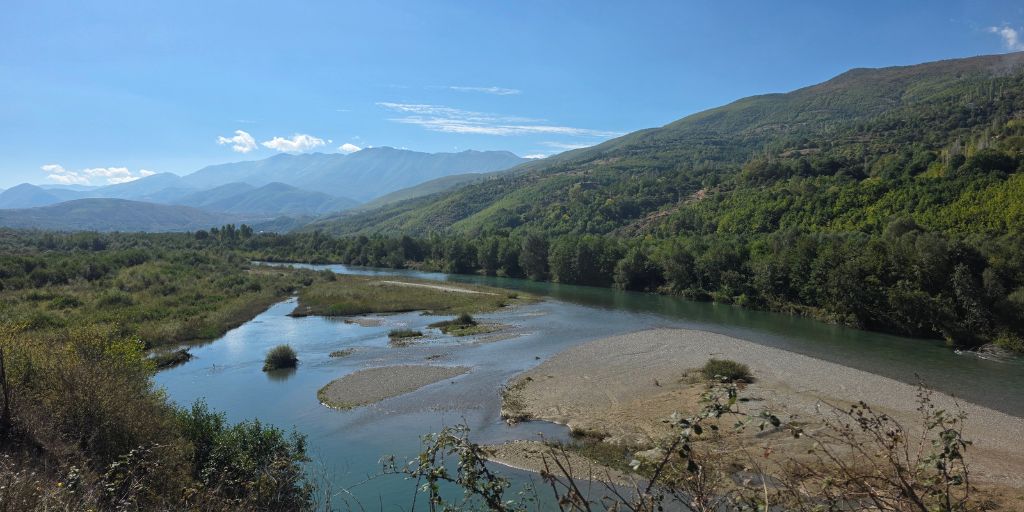The ‘do no significant harm’ (DNSH) principle is supposed to prevent EU funds from being invested in projects that harm the environment and undermine climate action. Though the principle is meant to increase awareness of the importance of environmental aspects in EU-funded projects, weak and incoherent implementation has hampered its effectiveness across the EU. Lessons learnt in Poland, the largest beneficiary of EU funds, can help improve the application of the ‘do no significant harm’ principle in the next EU long-term budget.
Ukraine Facility’s next chapter: From patchwork to principles
December 9, 2025 | Read more
As the EU looks ahead to rebuilding and integrating Ukraine, the design of its support instruments under the next Multiannual Financial Framework (2028–2034) will shape not only reconstruction on the ground, but also the credibility and long-term sustainability of EU policies.
For years, concerns have been raised about the Almaty International Airport Extension Project which is being financed by the European Bank for Reconstruction and Development (EBRD). Locals question the inadequate protection of cultural heritage and a lack of public participation and access to information. To address this, a formal complaint was recently filed with the Independent Project Accountability Mechanism (IPAM), and the outcome of a compliance review is pending.
Biodiversity loses out in Hungary’s recovery and resilience plan
December 8, 2025 | Read more
Despite EU commitments to halt biodiversity loss, Hungary’s recovery and resilience plan has diverted funding from wetland restoration, highlighting structural flaws in the EU’s green-funding allocations.
While Western Balkan governments scramble to solve their energy and waste crises by turning to incineration, a clear lesson is emerging from the EU: burning waste is a dead end.
Albania’s Skavica dam can’t get off the ground – time to finally cancel it!
November 24, 2025 | Read more
The highly damaging hydropower project could hardly have had stronger political support at its inception, with the country’s parliament passing a special law in 2021 to appoint U.S. construction giant Bechtel as the main contractor. But four years later, the project has stagnated, with no environmental permit and no financing.






